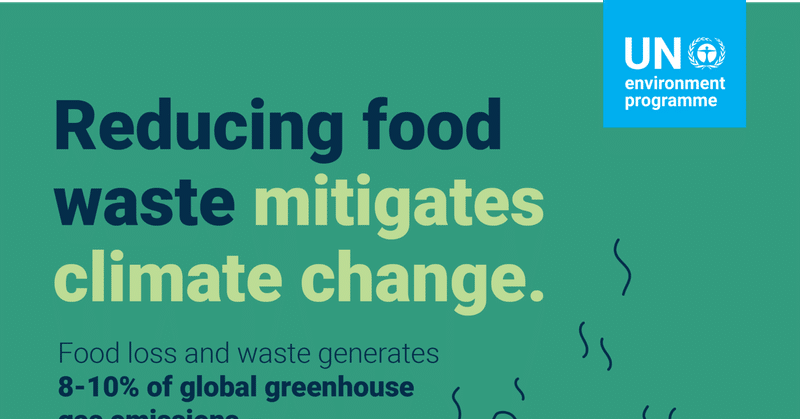
DMM英会話Daily News(2024年4月02日)
Millions Go Hungry, Yet World Wastes 19% of Food, UN Says
(数百万人が飢餓に瀕しているにもかかわらず、世界は食料の19%を浪費している、と国連は発表した。)
The world wasted an estimated 19% of the food produced globally in 2022, or about 1.05 billion metric tons, according to a new United Nations report.
(国連の新しい報告書によると、2022年に世界で生産された食料の19%、約10億5000万トンが無駄になったと推定される。)
The UN Environment Programme's Food Waste Index Report tracks the progress of countries to reduce food waste by half by 2030.
(国連環境計画の食料廃棄指標報告書は、2030年までに食料廃棄を半減させるための各国の進捗状況を追跡している。)
The report is co-authored by UNEP and the charity Waste and Resources Action Programme (WRAP).
(この報告書はUNEPと慈善団体Waste and Resources Action Programme(WRAP)の共著である。)
Researchers analyzed country data on households, food service and retailers. They found that each person wastes about 79 kilograms of food annually, equal to at least 1 billion meals wasted worldwide daily.
(研究者たちは、家庭、食品サービス、小売業者に関する各国のデータを分析した。その結果、一人当たり年間約79キログラムの食品を廃棄していることが判明した。)
Most of the waste — 60% — came in households. About 28% came from food service, or restaurants, with about 12% from retailers.
(廃棄物の大部分(60%)は家庭で発生している。約28%はフードサービス、つまりレストランからで、約12%は小売店からである。)
The report comes at a time when 783 million people around the world face chronic hunger.
(この報告書は、世界中で7億8300万人が慢性的な飢餓に直面している時に出された。)
Food waste is also a global concern because of the environmental cost of production, including the land and water required to raise crops and animals and the greenhouse gas emissions it produces.
(食品廃棄はまた、農作物や家畜の飼育に必要な土地や水、温室効果ガスの排出など、生産にかかる環境コストのため、世界的な懸念となっている。)
Food loss and waste generates 8 to 10 percent of global greenhouse gas emissions.
(食品ロスや廃棄は、世界の温室効果ガス排出量の8~10%を生み出している。)
Brian Roe, a food waste researcher at Ohio State University, said the report is important to tackling food waste.
(オハイオ州立大学の食品廃棄物研究者であるブライアン・ロー氏は、この報告書は食品廃棄に取り組む上で重要であると述べた。)
"The key takeaway is that reducing the amount of food that is wasted is an avenue that can lead to many desirable outcomes — resource conservation, fewer environmental damages, greater food security, and more land for uses other than as landfills and food production," said Roe, who wasn't involved in the report.
(「重要なことは、廃棄される食料の量を減らすことは、資源保護、環境破壊の減少、食料安全保障の向上、埋立地や食料生産以外の用途の土地の増加など、多くの望ましい結果につながる可能性があるということです」と、この報告書に関与していないロー氏は語った。)
The report said donating surplus food to food banks and charities — is significant in tackling food waste among retailers.
(報告書によれば、余剰食品をフードバンクや慈善団体に寄付することは、小売業者の食品廃棄に取り組む上で重要である。)
The report also said that the differences in individual household food waste between high-income and lower-income countries were surprisingly small.
(報告書はまた、高所得国と低所得国の間の個々の家庭の食品廃棄量の差は驚くほど小さいと述べた。)
Richard Swannel, a co-author, said that shows food waste "is not a rich world problem. It's a global problem."
(共著者であるリチャード・スワンネル氏は、食品廃棄は「豊かな世界の問題ではない。世界的な問題なのです」。)
"The data is really clear on this point: that here is a problem right around the world and one that we could all tackle tomorrow to save ourselves money and reduce environmental impact," he said.
(「この点に関して、データは実に明確である。つまり、この問題は世界中に存在し、私たち全員が明日にでも取り組むことで、経費を節約し、環境への影響を減らすことができるのだ。)
throw away, dispose = 捨てる
leftover =食べ残し
見出し画像:
この記事が気に入ったらサポートをしてみませんか?
